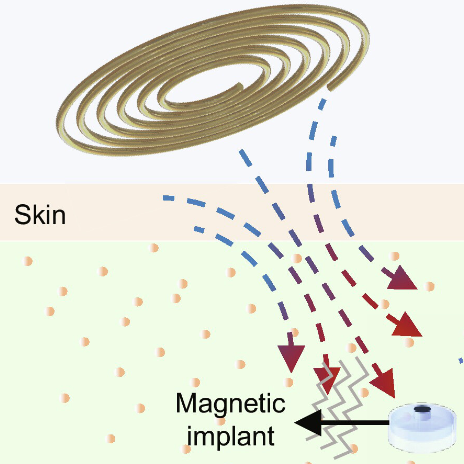A wearable brain scanner
May. 25, 2023.
1 min. read
1 Interactions
Opens up brain scanning for neurological problems that affect movement, like Parkinson’s disease, stroke and concussion
RELATED NEWS
Researchers at the University of Nottingham’s School of Physics in the UK have developed a breakthrough method for understanding and diagnosing a range of neurological problems that affect movement, such as Parkinson’s Disease, stroke and concussion.
The device uses small LEGO-brick-sized sensors called “optically pumped magnetometers” (MEG). These are incorporated into a lightweight magnetometer (MEG) helmet to measure magnetic fields generated by cellular activity in the brain. It requires a special magnetically shielded room (shown in image above) that contains additional equipment that allows precise control of magnetic fields at a level 50,000 times smaller than the Earth’s magnetic field.
The wearable system has been installed in a number of research institutions across the globe. The applications span a huge area, from basic neuroscientific questions like how do young children learn to walk, to clinical challenges like why are older people prone to falling, according to the researchers.
Citation: Holmes, N., Rea, M., Hill, R. M., Leggett, J., Edwards, L. J., Hobson, P. J., Boto, E., Tierney, T. M., Rier, L., Rivero, G. R., Shah, V., Osborne, J., Fromhold, T. M., Glover, P., Brookes, M. J., & Bowtell, R. (2023). Enabling ambulatory movement in wearable magnetoencephalography with matrix coil active magnetic shielding. NeuroImage, 274, 120157. https://doi.org/10.1016/j.neuroimage.2023.120157 (open-access)
Let us know your thoughts! Sign up for a Mindplex account now, join our Telegram, or follow us on Twitter.

.png)

.png)


.png)





0 Comments
0 thoughts on “A wearable brain scanner”